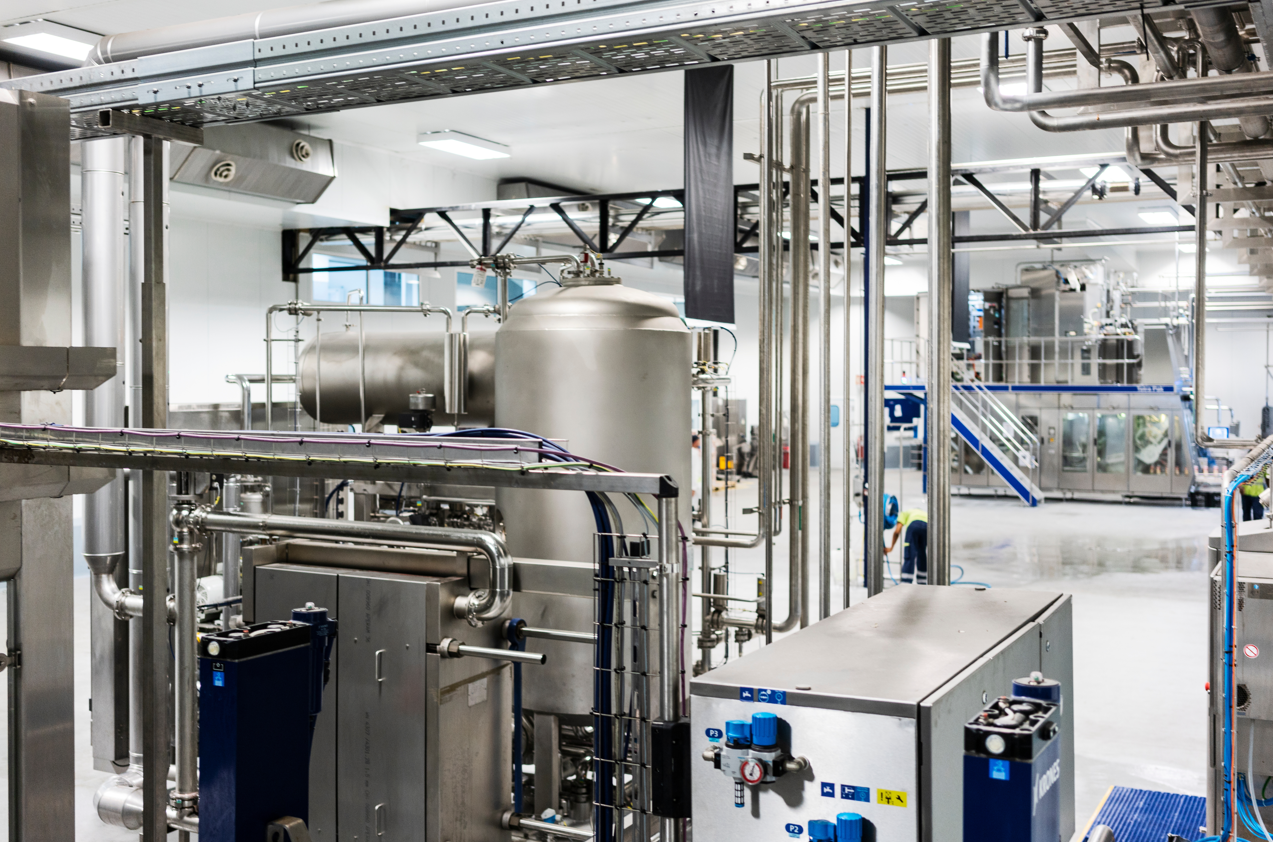Running a food production business means more than just meeting demand—it means protecting public health, ensuring product consistency, and staying ahead of regulatory changes. Whether you’re managing a facility, overseeing compliance, or leading operations, safety and quality are non-negotiable. Here are five essentials that every food production business should prioritize to maintain high standards and build long-term trust.
Robust Sanitation Protocols That Prevent Contamination
Cleanliness is the foundation of food safety. Without strict sanitation protocols, even the most advanced equipment or processes can fall short. Food production facilities must implement cleaning schedules that cover every surface, tool, and machine involved in production. This includes daily sanitation of high-touch areas, deep cleaning of processing zones, and regular audits to ensure compliance.
Training staff on proper hygiene practices is just as critical. Employees should understand how cross-contamination happens and how to prevent it—from wearing protective gear to following handwashing procedures. Automated cleaning systems and sanitation tracking software can help streamline these efforts. When sanitation is treated as a core operational priority, it reduces risk and reinforces a culture of accountability.
Temperature Control Systems That Preserve Product Integrity
Precise temperature control is essential for preserving food quality and preventing spoilage. From raw ingredient storage to final packaging, every stage of production must maintain optimal temperatures. This is especially true for perishable goods, dairy, meat, and ready-to-eat items.
Industrial heat pump systems, such as those manufactured by Dalrada Climate Tech, provide energy-efficient solutions for maintaining consistent temperatures across large facilities. These systems not only support food safety but also reduce energy costs and carbon emissions. By investing in reliable heat pump technology, businesses can ensure that their products remain safe, fresh, and compliant with FDA and USDA standards.
Environmental Monitoring That Detects Risks Early
Food production environments are dynamic. Changes in humidity, air quality, and surface conditions can introduce risks that aren’t always visible. That’s why environmental monitoring solutions are essential. These systems track key metrics in real time, alerting teams to potential hazards before they escalate.
Monitoring tools can detect mold growth, airborne contaminants, and temperature fluctuations. They also help verify that cleaning procedures are effective and that equipment is functioning properly. With data-driven insights, managers can make informed decisions and respond quickly to any anomalies. Environmental monitoring doesn’t just protect the product—it protects the people who consume it.
In-Line X-Ray Inspection Systems That Detect Physical Contaminants
For high-throughput food production lines, in-line X-ray inspection systems are indispensable. These machines scan packaged or bulk products in real time to detect physical contaminants such as metal fragments, glass shards, bone, or dense plastic. Unlike metal detectors, X-ray systems can identify a wider range of foreign materials—even inside foil packaging or dense products like cheese blocks and frozen meals.
Some brands offer models tailored for specific food categories, including poultry, bakery, and ready-to-eat items. These systems integrate with conveyor belts and reject mechanisms, automatically removing compromised products without disrupting flow. By implementing X-ray inspection, facilities not only meet HACCP and FSMA standards but also reduce recall risk and protect brand reputation.
CIP (Clean-in-Place) Systems That Automate Sanitation for Tanks and Pipelines
Clean-in-Place (CIP) systems are a game-changer for facilities handling liquids, sauces, dairy, or beverage products. These automated systems clean interior surfaces of tanks, pipes, mixers, and heat exchangers without disassembly—saving hours of manual labor and reducing contamination risk. CIP units typically include programmable cycles for rinsing, detergent wash, acid wash, and final rinse, all monitored for flow rate, temperature, and chemical concentration.
There are manufacturers that offer modular CIP systems that can be customized for multi-tank setups or high-viscosity products. Integrating CIP with SCADA or PLC controls allows for real-time monitoring and sanitation validation, which is crucial for audit readiness. When sanitation is automated and verifiable, safety becomes scalable.
Traceability Systems That Strengthen Transparency
Traceability is no longer optional. Consumers want to know where their food comes from, and regulators demand proof of origin and handling. A strong traceability system allows businesses to track ingredients from supplier to shelf. This includes batch numbers, production dates, and distribution channels.
Digital traceability platforms make it easier to log and retrieve data. In the event of a recall, these systems help isolate affected products and prevent widespread disruption. They also support audits and certifications, giving businesses a competitive edge. Transparency builds trust, and traceability is the tool that makes it possible.
Staff Training Programs That Build a Safety-First Culture
Technology and systems are powerful, but people make them work. That’s why ongoing staff training is one of the most important investments a food production business can make. Training should cover food safety protocols, equipment handling, emergency procedures, and regulatory updates.
Interactive training modules and refresher courses help reinforce knowledge and keep teams engaged. When employees understand the “why” behind safety measures, they’re more likely to follow them. A well-trained team reduces errors, improves efficiency, and strengthens the overall safety culture of the organization.
Conclusion
Food production businesses thrive when safety and quality are built into every process. From sanitation and temperature control to monitoring and traceability, each essential plays a role in protecting consumers and supporting growth. By investing in the right systems—like industrial heat pump solutions and environmental monitoring tools—and empowering staff through training, businesses can meet today’s challenges and prepare for tomorrow’s opportunities. Safety isn’t just a requirement—it’s a promise.



